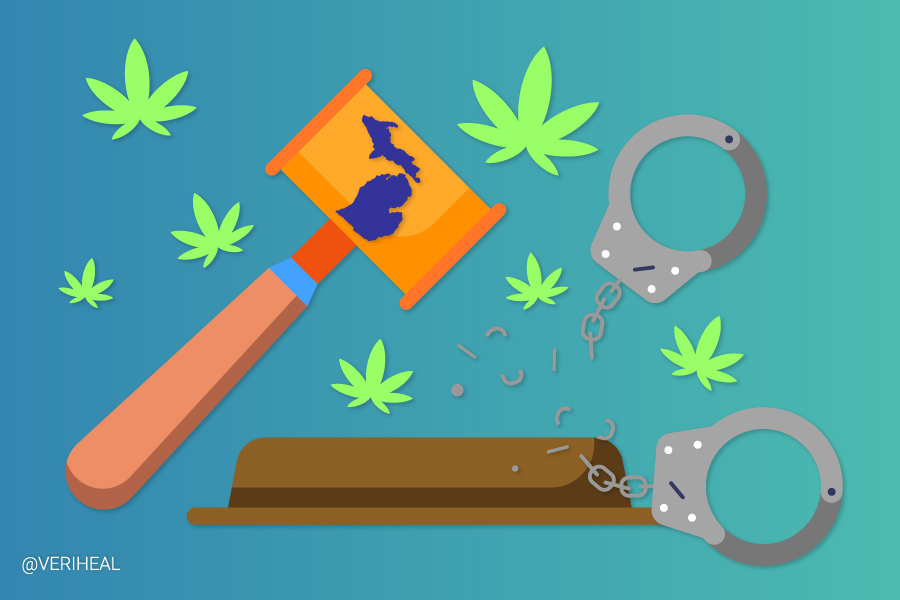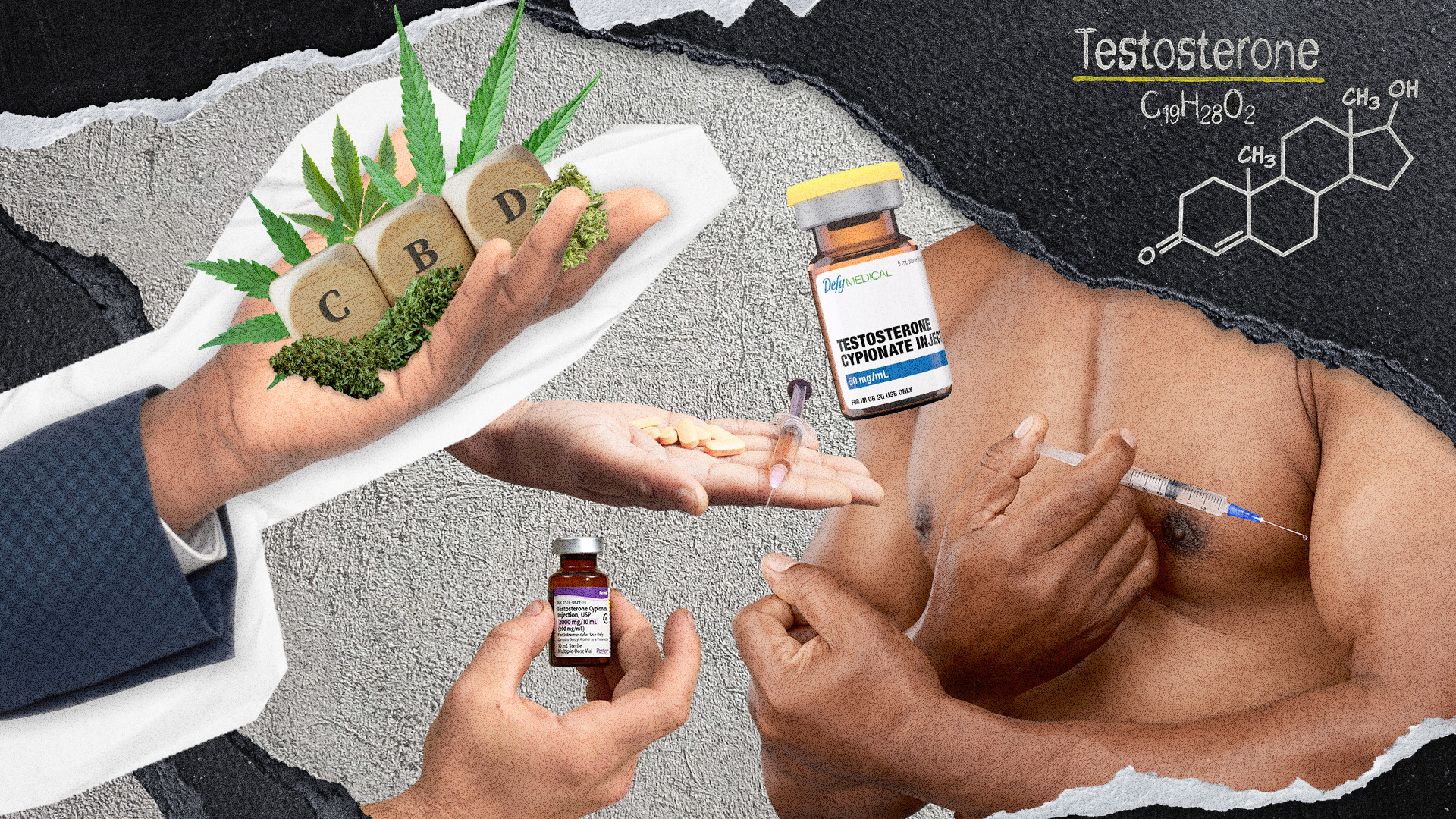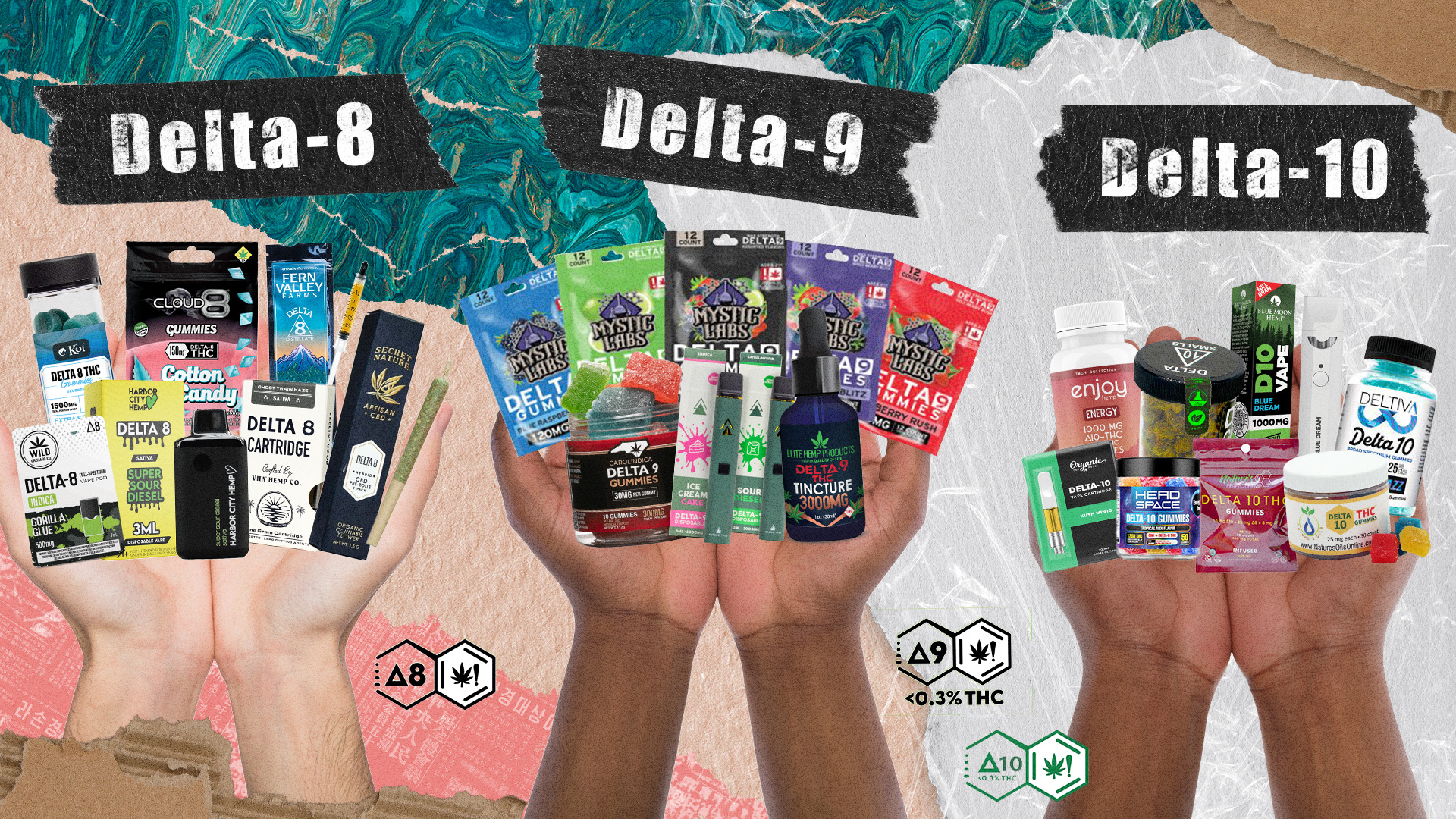As more and more states legalize cannabis, many state legislatures are examining previous cannabis convictions to determine whether justice was truly carried out in those cases. States such as Colorado have done their best to mitigate miscarriages of justice by overturning prior cannabis convictions, expunging the criminal records of those who were convicted of offenses that would no longer be considered crimes under the new law. Illinois has taken similar measures, with a particular focus on nonviolent crime. And in California, thousands of criminal records have already been wiped clean thanks to the efforts of the state government.
Having a cannabis charge on your criminal record is a difficult thing because a criminal record can make it harder to get a job or find a place to live, and of course, many cannabis charges over the past several decades have been for fairly minor offenses. They’ve also been disproportionately levied against people of color. But the injustice goes beyond criminal charges. Many people convicted of nonviolent cannabis offenses were unfairly sentenced to lengthy prison time, and some of them remain incarcerated to this day.
Current Cannabis Laws in Michigan
Recreational cannabis is legal in Michigan as of 2018. Statewide sales of cannabis began in late 2019. It seems unjust, in light of that, to keep nonviolent offenders locked up for cannabis-related offenses. Michigan itself has shown an awareness of the injustice. Michigan lawmakers have approved a process by which those convicted of offenses that would have been legal under current state law may apply to have their convictions expunged.
Why You Should Get Your Medical Marijuana Card
Veriheal has satisfied millions of patients nationwide by giving them access to these benefits
- Larger purchase limits
- Peace of mind
- Enhanced legal protection
- Access to higher potency strains
- Save up to 25% on cannabis purchases
- Skip the line at the dispensary
This is a great step forward for the state of Michigan, and it definitely demonstrates an understanding of the unfair treatment perpetrated by the War on Drugs and its advocates. However, it is difficult to apply for expungement from behind bars. That’s where the Last Prisoner Project comes in.
About Last Prisoner Project
Last Prisoner Project is a non-profit organization made up of cannabis industry experts, criminal and social justice advocates, policy and education experts, and drug policy reformers. Their goal is to combat the effects of the War on Drugs by working to overturn unjust convictions and free those who are currently incarcerated for crimes that have been legalized in most states. The team at Last Prisoner Project is focused on the injustices that have been wrought and the lives that have been ruined by the War on Drugs, and they’re dedicated to doing whatever they can to make things right for those who have suffered under unfair sentencing for cannabis-related crimes. Currently, the Last Prisoner Project is focusing its attention on cannabis prisoners in Michigan, hoping to secure their release.
The Prisoner Release Campaign
One person that the Last Prisoner Project aims to lend a helping hand is Rudi Gammo. He is a husband and a father of three and the operator of a medical cannabis dispensary. He’s also currently serving a five and a half year prison sentence. Gammo’s dispensary was municipally licensed and all of his customers had medical cannabis cards. Medical cannabis was legal in Michigan during the time he operated his dispensary. But he went to prison because the product he sold was grown in private homes. Growing medical cannabis in private homes was also legal, up to a certain number of plants, and there was no other government-sanctioned way for dispensaries to obtain their product. Hundreds of Michigan dispensaries operated the same way. Why was Gammo prosecuted while others profited? We can’t say for sure, but the local law enforcement where his dispensary was operating is notoriously anti-cannabis.
But Gammo’s story is just one of thousands that share the same unfair ending. The Last Prisoner Project is making a mission to correct the injustice that was served and work endlessly to see the wrongfully imprisoned become free.
Author, Share & Comments
















